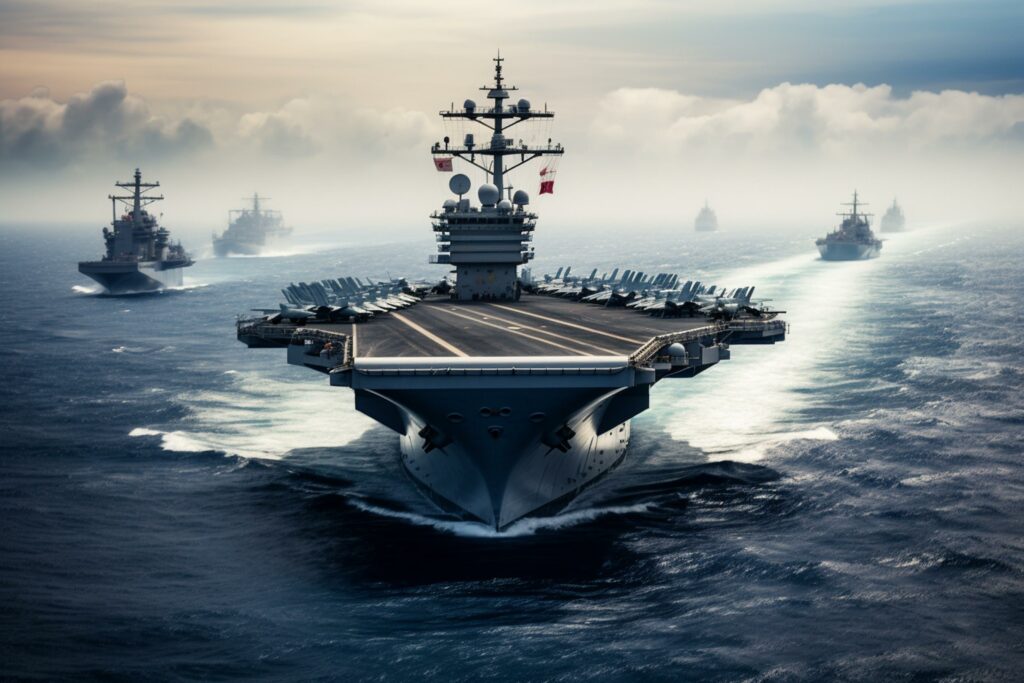Ryan Ashley of War on The Rocks tells his readers the U.S., Japanese, and Philippine trilateral relationship is off balance and is a pivotal deterrent to Indo-Pacific tensions. He writes:
As geopolitical tensions rise in the Indo-Pacific, the U.S.-Japanese-Philippine security trilateral is rapidly emerging as a potentially pivotal defense arrangement. It has already garnered widespread attention and positive headlines in Washington and Tokyo, especially following the grouping’s inaugural meeting of national security advisors and first-ever trilateral Coast Guard exercise in June. Leaders on both sides of the Pacific have stated their desire for this arrangement to take a leading role on security matters in the East and South China Seas, collectivizing efforts to counter aggressive and illegal Chinese behavior.
However, as this trilateral continues to evolve, subtle cracks in Manila’s confidence are emerging. While many of these concerns have yet to appear in ongoing reporting and analysis of the U.S.-Japanese-Philippine trilateral, my field research over the past summer uncovered several points of frustration from Philippine defense leaders and commentators toward the arrangement. Specifically, there are growing concerns in Manila about the country’s ability to maintain an independent relationship with and strategy toward China, about Tokyo’s inclination to defer to Washington on security decisions, and about the unintended weakening of Japanese-Philippine bilateral security ties as a result of the trilateral’s solidification.
A balanced U.S.-Japanese-Philippine security trilateral can address collective security concerns in the East and South China Seas, as well as send a potent deterrent signal to China against any potential ambitions on Taiwan. As a result, getting the balance right matters. An unequally weighted trilateral relationship could, rather than bolstering a collective regional security posture, end up weakening its very premise. By promoting a reduction in overt transactionalism, an amplified role for Japan, and an appreciation for the trilateral’s value beyond Taiwan, all three countries can ensure that this new relationship can effectively meet the challenges facing the Indo-Pacific. […]
Finally, all three parties would benefit from focusing future trilateral security cooperation away from a potential conflict over Taiwan as much as is feasible. This specific focus could obfuscate broader, and arguably more universally shared, strategic objectives, including deterrence in the South China Sea, improving the capabilities of the Philippine Armed Forces, and working toward greater trilateral military interoperability. Notably, the June 2023 trilateral Coast Guard exercise and its focus on protecting local fishing rights was widely praised by those I spoke to in Manila. Advancing shared objectives helps reinforce a shared trilateral alignment on regional security. As a result, by subtly shifting the focal point away from Taiwan, all three countries could, somewhat paradoxically, strengthen their deterrence posture vis-à-vis Taiwan.
Read more here.





